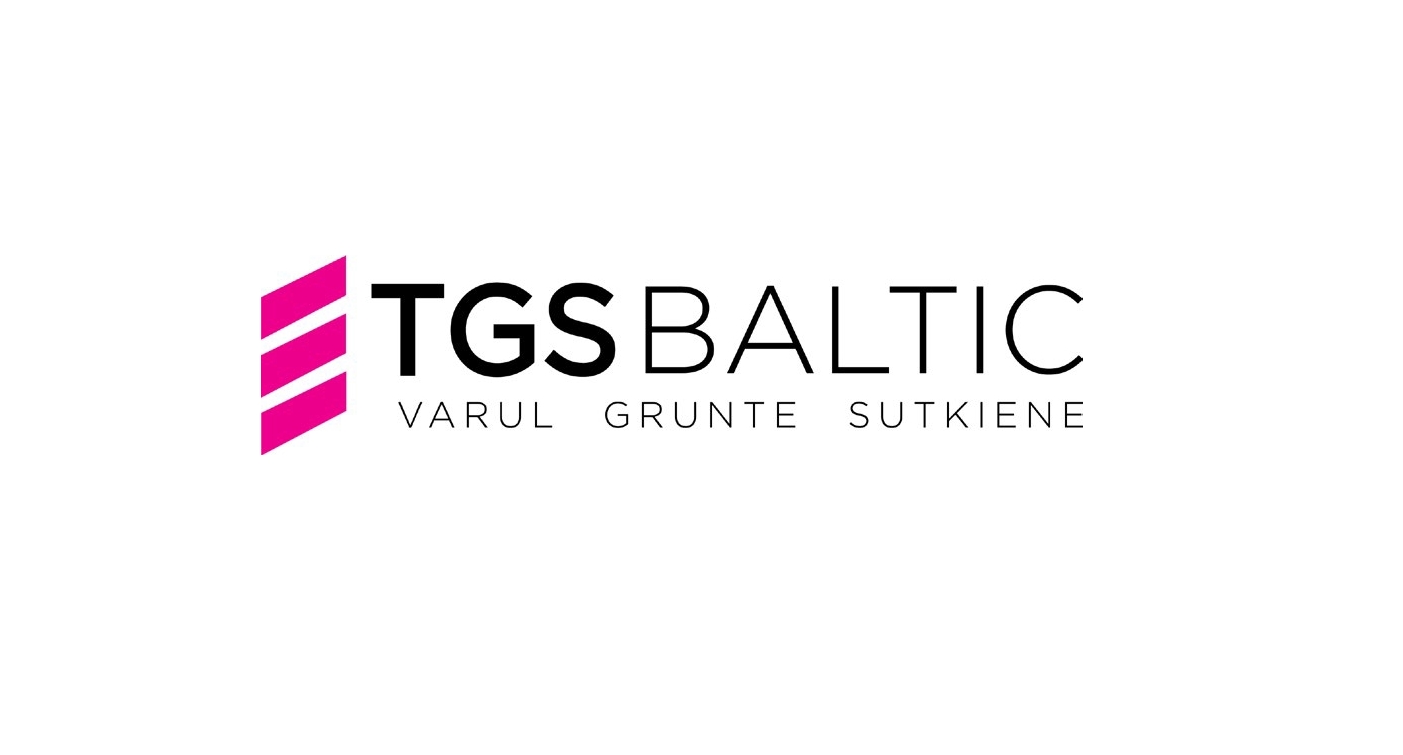Product Liability
TGS Baltic / Lithuania
Want to know more about product liability in Lithuanian pharma? Read on! Prepared in association with TGS Baltic, a leading law firm in Lithuania, this is an extract from The Pharma Legal Handbook: Baltics, available to purchase here for USD 99.
1. What types of liability are recognized in your jurisdiction?
There are three types of liability recognized in the Republic of Lithuania:
- civil;
- criminal;
- administrative
CIVIL LIABILITY
There are two types of civil liability in the Republic of Lithuania:
- non-contractual (delictual) liability which is not related with contractual relations. Non-contractual liability results from a failure to perform requirements of legal acts which causes damage to the other person;
- contractual liability which results from a failure to perform a contract or from its defective performance where one party of the obligation has the right to claim for compensation of damages or demand payment of a penalty (fine, interest), and the other party is bound to make compensation for damages, or to pay a penalty (fine, interest), caused by the failure to perform the contract, or by a defective performance thereof.
CRIMINAL AND ADMINISTRATIVE LIABILITY
In case the requirements established by applicable laws are breached, a person who is in breach of an obligation may be subject to criminal or administrative liability.
Criminal liability may be inflicted in cases of crimes and/or criminal offences based on the Criminal Code of the Republic of Lithuania.
Administrative liability is imposed for administrative offences based on the Code of the Administrative Offences of the Republic of Lithuania.
2. How do these types of liabilities apply to the manufacturers of medicines and devices?
CIVIL LIABILITY
The applicable type of civil liability depends on the type and nature of the breach, e.g.:
- Non-contractual (delictual) liability may arise in cases where a consumer purchases a medicinal product/medical device and it causes damage to the consumer’s health. In this case the liability of the seller/manufacturer arises because of the failure to meet the requirements for the quality and safety of medicinal products established by legal acts;
- contractual liability may derive from the breach of contractual obligations, e.g. in cases where the manufacturer causes damage to the distributor by breaching the provisions of the contract concluded with the distributor.
In case of civil liability, a responsible person may be induced by the court to compensate both direct and indirect damages. In certain cases, the profit made by the responsible party can be acknowledged as damages. In case of contractual liability, there is also a general right to require specific performance.
CRIMINAL LIABILITY
Criminal liability may arise only for serious offences, e.g. manufacturing medicinal products/medical devices in the form of a business or in large amounts without holding a licence; or the sale of medicines which were manufactured without an authorization for the purpose of handling them and these medicines could have caused a threat to human health or life or have resulted in a person’s death or a serious injury.
Criminal penalties may be imposed in the form of a fine, community service, arrest or imprisonment.
ADMINISTRATIVE LIABILITY
Administrative liability may be imposed for administrative offences, e.g., a violation of regulations and other legal acts governing medical device safety, quality, performance, operation, and marketing; or a violation of medicinal products marketing regulations.
Administrative liability is generally imposed in the form of fines, the amount thereof may vary from EUR 10 up to thousands of euros.
3. Does potential liability extend to the manufacturer only or could claims extend to corporate executives, employees, and representatives?
In case of damage caused to a third party by the manufacturer or its employees, the manufacturer is held liable. After the manufacturer remedies the third party, it may be able to seek recovery from its employees who are responsible for the damage incurred.
The employee is obliged to compensate for the damage caused to the employer only if the damage was caused due to the non-performance of his/her working duties. There are specific conditions for employees’ liability, e.g., damage should be caused by the employee’s unlawful conduct; there should be a causal link between the unlawful act and the occurrence of damage; the employee should be guilty of causing damage; the occurrence of damage should be related to the employee’s work activities, etc.
4. How can a liability claim be brought?
Generally, a liability claim may be brought before a court by the party who has incurred damage due to an unlawful act of another party (e.g., patients, contractors). In case of health injury, deprivation of life, and other cases specified in legislation, a person is entitled to claim not only pecuniary, but also non-pecuniary damage.
The limitation period for claims for damage, including claims for damage caused by defective production, is 3 years.
Usually liability claims are civil claims brought before a court by injured parties themselves. However, in certain cases, e.g., where a violation of personal rights and legitimate interests coincides with a violation of the public interest, a prosecutor, in defence of the public interest, can address the court and defend the violated interests of a person.
5. What defenses are available?
The manufacturer or the seller of an unsafe product may be released from liability if it proves that one or several of the following circumstances took place:
- the unsafe product has not been placed on the market;
- the product became unsafe as a result of actions of a third party during its improper/unsafe transportation or keeping/storage or because of any other reasons;
- at the time when the unsafe product was placed on the market, scientific and technical knowledge was not at a level that would allow determining a potential risk;
- the consumer used the product in breach of the instructions, precautions, and safety measures, as a result of which he sustained damage;
- unsafe properties of the product are a consequence of force majeure.
Liability may also be limited by certain mitigating circumstances, e.g., the fact that a person who committed an infringement:
- voluntarily prevented the harmful consequences of the infringement;
- cooperated with the responsible authority and/or product safety control bodies during the investigation;
- compensated in good faith for the damage caused to the consumers and/or eliminated the injury.























































